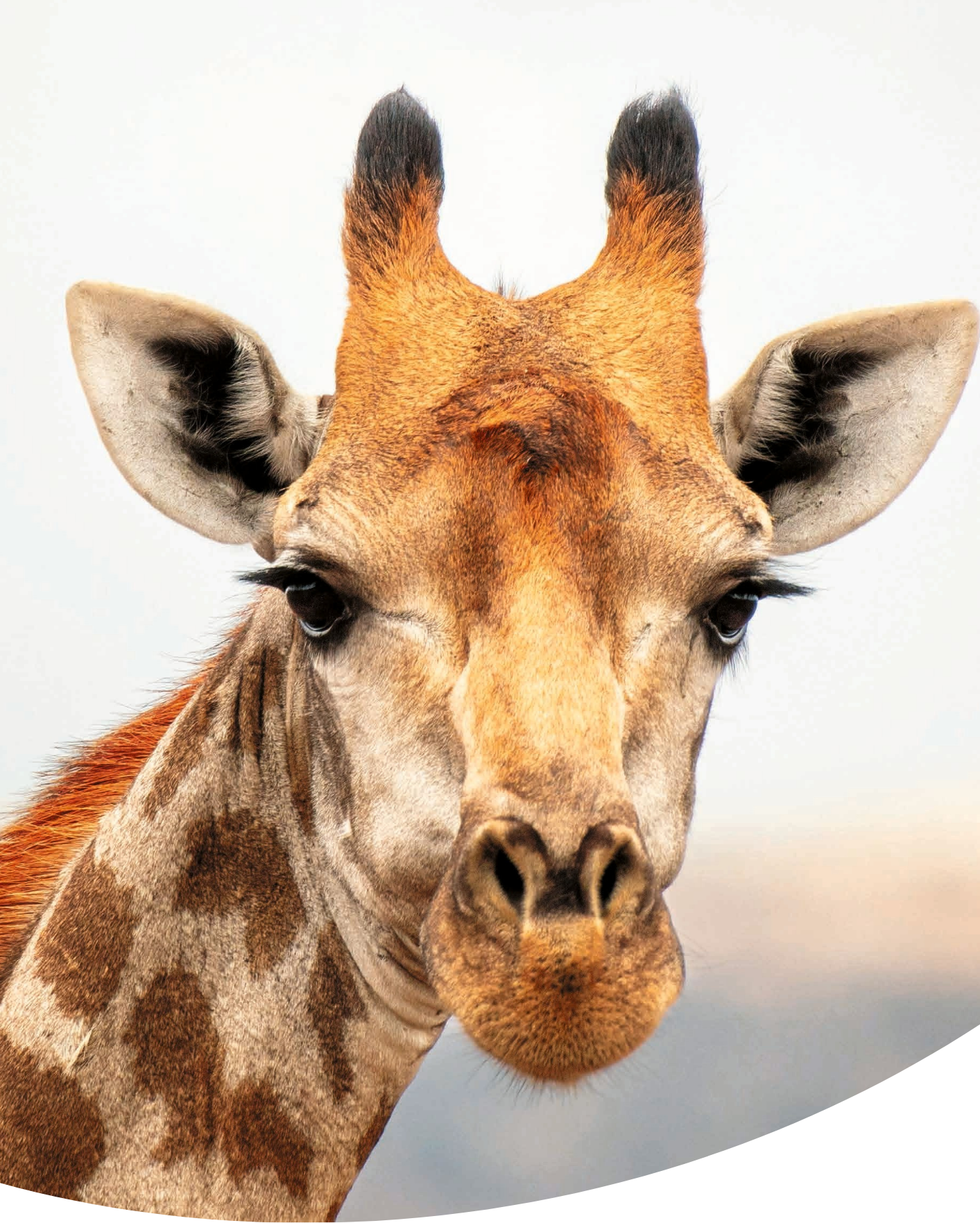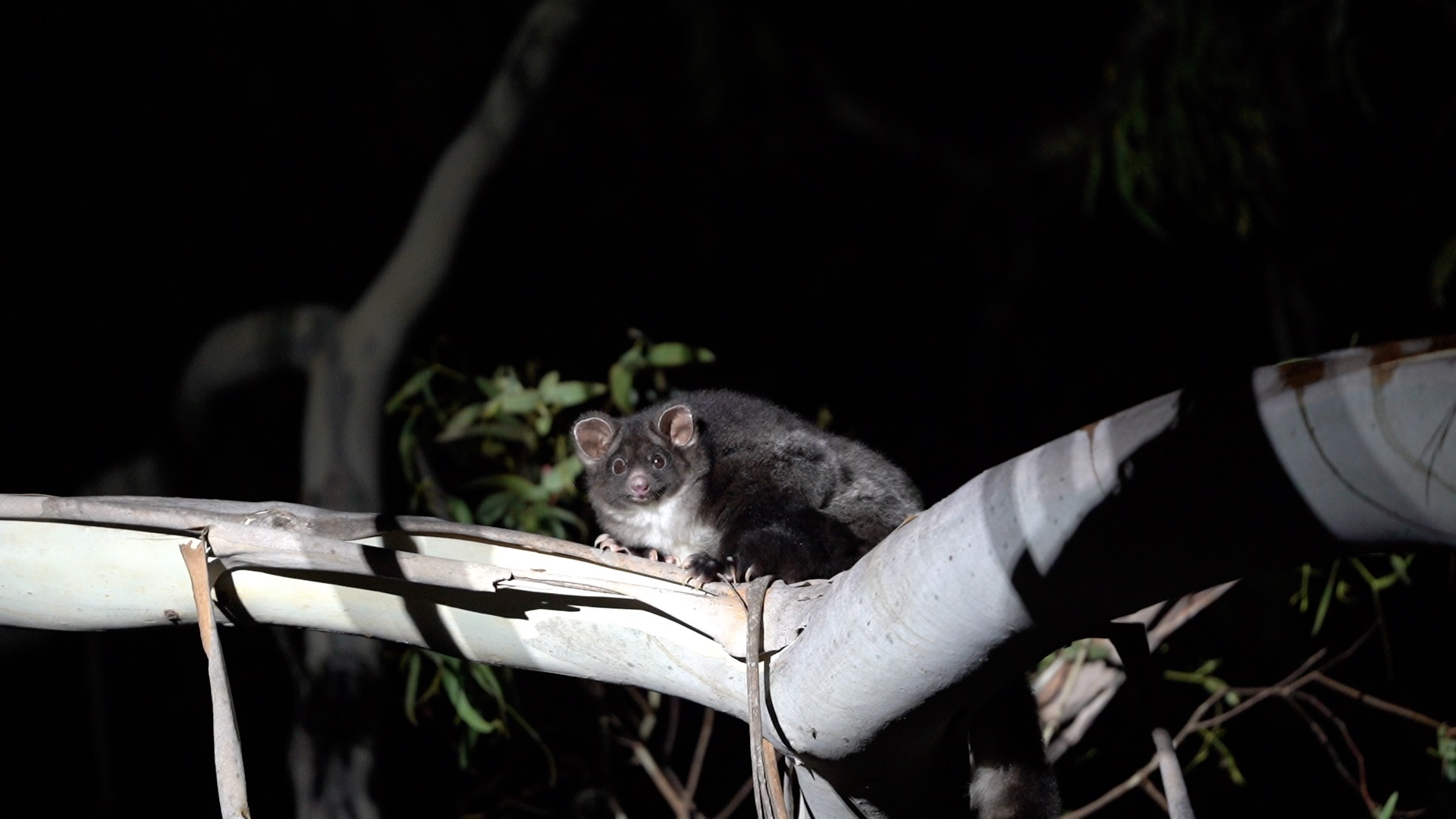Find out more about our work on federal environment reforms, the recent victory in protecting whale sharks, an update on our partner projects and lots more.
Today marks the start of the five-day long plenary of the 66th meeting of the International Whaling Commission (IWC) which is being held in Portoroz in Slovenia.

Humpback whale. Photo credit: Colm Maher
Whilst this meeting, held every two years is always an important one watched keenly by the world, this year it has some extra significance. This year we celebrate the 70th anniversary of the founding of the Commission in 1946 (making it one of the oldest international conventions) and more importantly we are also celebrating the 30th anniversary of the global moratorium on commercial whaling. This ground-breaking moratorium implemented in 1986 was agreed in 1982 and HSI’s Campaign Director Michael Kennedy was present at this meeting. HSI have attended every meeting since to ensure that countries that are party to the IWC are held to account for their actions.

A dead whale next to a Japanese whaling ship. Photo credit: Greenpeace
HSI estimates that more than 100,000 whales have been spared in the 30 years moratorium on commercial whaling that came into force*, however willful disregard of the ban by Japan, Iceland and Norway has still sentenced some 40,000 whales to death since it took effect. So HSI’s work is far from done and once again our experts are in Slovenia ensuring that we continue to bear witness to these important discussions.
Great strides have been made in recent years to modernize the IWC away from a whale killing body to a whale conservation body, fitting with the way in which the majority of the world believes that whales should be treated. This work now includes in its conservation agenda a focus on pollution, marine noise, climate change, ship strikes and whale watching. This year, HSI is at the forefront of the establishment of two important additional areas of work – on bycatch (the incidental capture of whales and dolphins in fishing equipment) and the establishment of a global network of stranded whales and dolphins. We also support work to expand the IWC’s focus on whale welfare more generally.

Image credit: ABC/IWC 2014
In Australia we are lucky to have a Government that has been one of the leaders in whale conservation efforts within the IWC. At this week’s meeting the Australian Government will once again be taking the conservation lead, presenting its important resolutions to further move the IWC’s agenda towards conservation, focusing especially on how Japan’s so called ‘scientific’ whaling program and the special permits it issues itself to continue whaling in the Southern Ocean. HSI is supportive of this work and is hopeful for its success.

A dead whale on a Japanese whaling ship. Photo credit: Greenpeace
At HSI we have long fought to end whaling in the Southern Ocean. In 2008 after years of legal wrangling to bring the case, HSI won an important legal case when the Federal Court found that Japanese whaling company Kyodo Senpaku Kaisha (Kyodo) had killed whales in the Australian Whale Sanctuary and that these activities were in breach of Australia’s environmental law, the Environment Protection and Biodiversity Conservation Act 1999 (EPBC Act). In 2015, following years of continued whaling by Kyodo, we took this case back to the Federal Court and won again, which saw Japanese whaling company Kyodo fined $1 million. We continue to seek legal advice on this case and hope to further progress this in the coming months.
On 31st March 2014 the International Court of Justice also found that the Japanese whaling in Antarctica was in breach of the whaling moratorium and called on Japan to cease whaling immediately. Whilst we had hoped this would be the final blow to Japanese whaling it proved not to be the case, with Japanese whalers returning to the Southern Ocean again in 2015/16 killing more than 300 whales, many of them pregnant females.
HSI is hoping that the talks at IWC in Slovenia this week will further progress the conservation of whales and help to bring an end to whaling in all its guises. HSI’s staff around the world are certainly working hard towards this goal and we will continue to watch countries closely to ensure the best possible whale conservation outcomes possible.

*Estimate derived from extrapolating annual whale catches between 1980 and 1984, immediately prior to the ban, which averaged 12,092 animals per year globally. Had such catch levels continued, more than 360,000 whales would have been killed over the last 30 years – however that might not have been the case because populations may have crashed, and demand for products was reducing. Nonetheless, it is, in our view, entirely plausible that the moratorium prevented the killing of at least 3,400 whales each year, meaning that more than 100,000 whales could have been spared.


